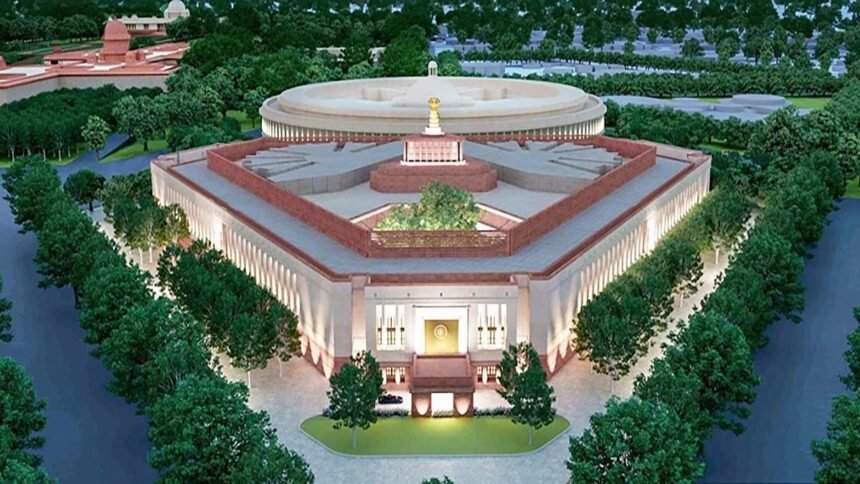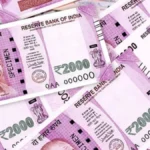In a significant move, 19 opposition parties have jointly decided to boycott the inauguration ceremony of the new Parliament building, scheduled to take place on May 28. Prime Minister Narendra Modi is set to inaugurate the iconic structure on the birth anniversary of Vinayak Damodar Savarkar, commonly known as Veer Savarkar. The decision to boycott has drawn strong reactions, with Assam Chief Minister Himanta Biswa Sarma dismissing it as mere theatrics by parties that never supported the project.
The opposition parties, comprising prominent political entities such as the Indian National Congress (INC), Trinamool Congress (TMC), Samajwadi Party (SP), Bahujan Samaj Party (BSP), and Nationalist Congress Party (NCP), have chosen to abstain from the inauguration ceremony. Their decision highlights their collective discontent with the ruling government and raises questions about the timing of the event, specifically its association with Veer Savarkar.
Assam Chief Minister Himanta Biswa Sarma, while commenting on the opposition’s boycott, stated that the move was not surprising as these parties had never truly supported the Parliament building project. He emphasized that the decision might be fueled by the fact that the inauguration coincides with a day associated with Veer Savarkar. This observation suggests that the opposition parties may have reservations about Savarkar’s ideology or his controversial political legacy.
The new Parliament building, a symbol of India’s democratic aspirations, has been under construction for several years and is nearing completion. It is designed to accommodate the growing needs of the legislative process and provide modern facilities for lawmakers. The project has faced criticism from some quarters due to its significant cost and the displacement of the existing Parliament building’s historical significance.
Prime Minister Narendra Modi’s acceptance of Lok Sabha Speaker Om Birla’s invitation to inaugurate the new Parliament building underscores the government’s commitment to strengthening democratic institutions and symbolizes a new era in Indian politics. However, the opposition parties’ collective decision to boycott the event highlights the ongoing political polarization and ideological differences that persist in the country’s political landscape.
The opposition’s move to boycott the inauguration ceremony can be seen as a means to express their dissatisfaction with the ruling government’s policies and actions. It also serves as a platform for them to unite against what they perceive as an attempt to associate the Parliament building’s inauguration with a controversial figure like Veer Savarkar.
As the political dynamics in India evolve, the decision of the opposition parties to boycott such a significant event sends a strong message about their collective stance and their intent to challenge the ruling party’s agenda. The boycott is likely to fuel further debate and discussion on issues such as nationalism, historical legacy, and the role of ideological icons in Indian politics.
The decision of 19 opposition parties to boycott the inauguration ceremony of the new Parliament building reflects their dissatisfaction with the ruling government and its policies. While Assam Chief Minister Himanta Biswa Sarma dismisses it as mere theatrics, the timing of the event on Veer Savarkar’s birth anniversary raises questions about political symbolism. The boycott underscores the ongoing political polarization in the country and provides a platform for the opposition to voice their concerns and ideological differences with the ruling party.




